Kenya Coast National Polytechnic (KCNP), a pioneer in technical and vocational education on the Kenyan coast, is now taking the lead in embedding sustainability into every facet of institutional life.
In alignment with global efforts to combat climate change and promote green economies, KCNP is redefining what it means to educate for a sustainable future. Through a holistic approach rooted in Education for Sustainable Development (ESD), KCNP is not only building a green campus but also shaping a generation of environmentally conscious citizens.
Greening TVET: Transforming Education for a Sustainable Future
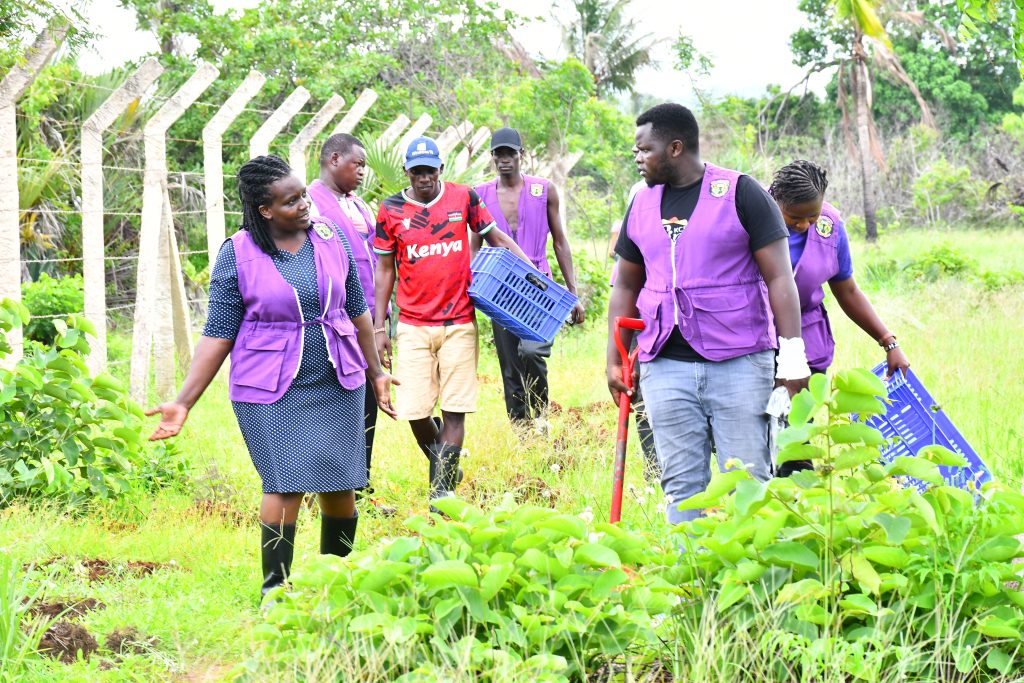
taking part in greening at Waa, KCNP Kilifi Campus
At the heart of KCNP’s sustainability efforts is the principle of Greening TVET—a systematic transformation of vocational education to equip learners with the skills and values needed for a green and inclusive economy. This transformation is grounded in the integration of Education for Sustainable Development (ESD), which merges knowledge, skills, values, and perspectives that support long-term environmental and social well-being.
Through ESD, KCNP increases public awareness of sustainability, reforms its curricula, and enhances staff capacity to deliver green skills across all departments—from hospitality and business to engineering and agriculture.
A Green Campus Model: Sustainability in Action
KCNP’s Greening the Campus initiative demonstrates how sustainability can be integrated into the physical and operational structure of a learning institution. The campus has adopted:
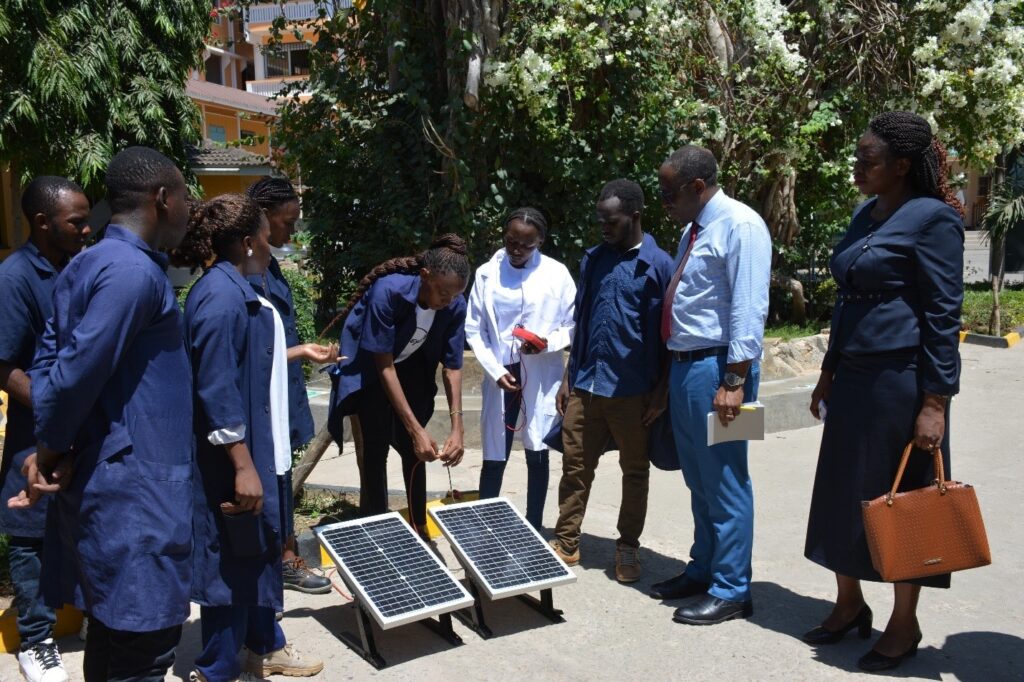
- Energy Efficiency and Green Infrastructure: Installation of solar panels to reduce dependence on fossil fuels, use of sustainable building materials, and creation of biodiversity-friendly landscapes.
- Resource Management: Systems for rainwater harvesting, recycling, and reducing waste to optimize the use of water and materials.
- Sustainable Transportation: Promotion of eco-friendly travel modes such as cycling and use of public transport.
These efforts reduce environmental impact while saving institutional costs and engaging the entire campus community in environmental stewardship.
Greening the Curriculum and Training
KCNP ensures sustainability is not just practiced—but taught. Through Greening the Curriculum, environmental awareness is embedded into both core and technical subjects. Key strategies include:
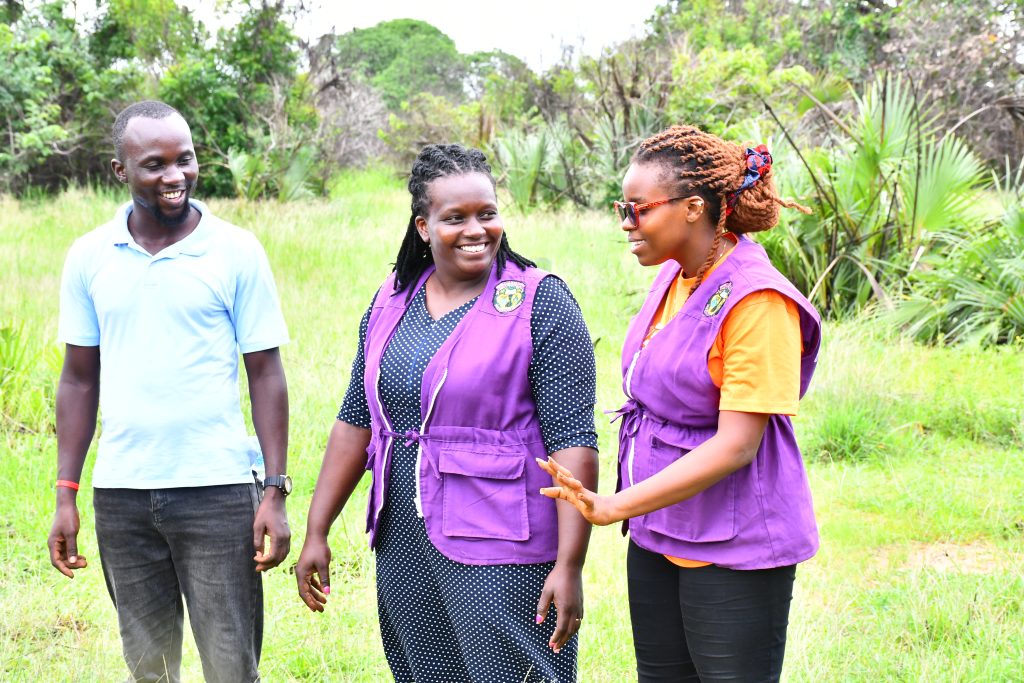
- Integration of topics like renewable energy, waste management, and green technology into existing courses.
- Development of new sustainability-focused modules.
- Use of case studies and practical training to bring concepts to life.
- Professional development for trainers to deliver sustainability effectively.
A shining example is the Green Masonry Skills training, which emphasizes eco-friendly building techniques and renewable energy use.
Nurturing a Green Culture
Sustainability at KCNP extends beyond academics. Greening Institutional Culture means aligning the polytechnic’s values, norms, and day-to-day practices with sustainability. This includes:
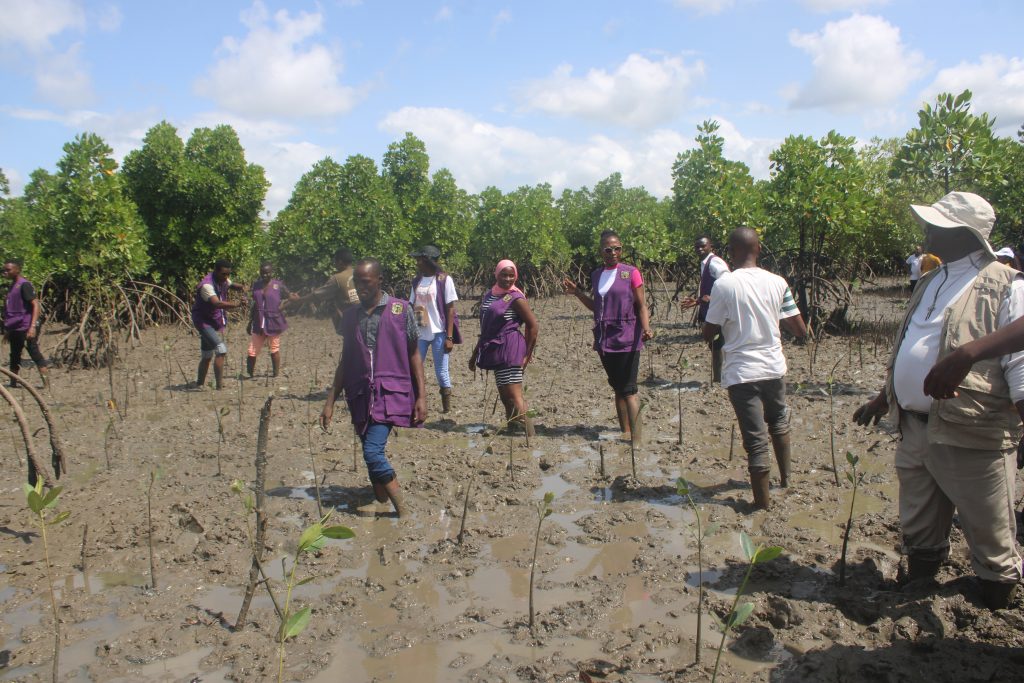
- Incorporating sustainability into policies, staff recruitment, and evaluation processes.
- Promoting co-curricular activities like clean-up drives and environmental clubs.
- Encouraging a mindset shift that empowers both students and staff to live sustainably.
Community and Workplace Engagement
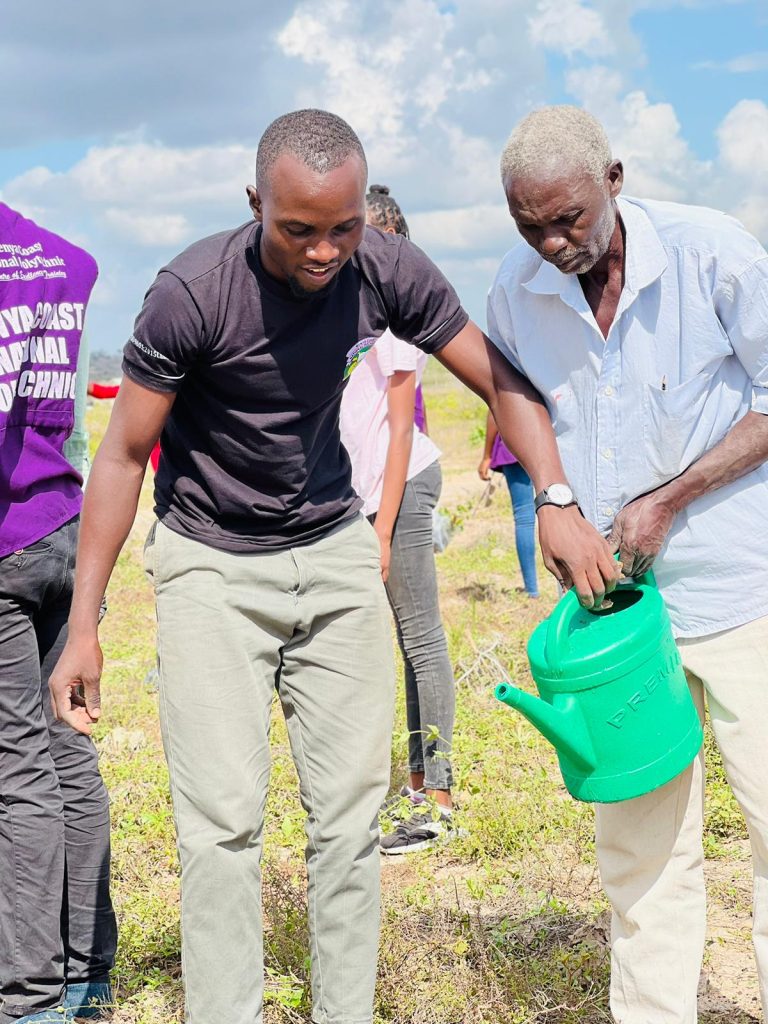
KCNP recognizes the importance of extending its green impact beyond campus. Through Greening the Community and Workplace, the institution partners with local enterprises, organizes environmental events, and supports projects like the installation of solar lighting systems and biogas units.
These initiatives foster sustainable practices at the grassroots level and create a ripple effect across the region.
Sustainable Research for Real-World Impact
Through Greening Research, KCNP is investing in innovation that addresses societal and environmental challenges. This includes:
- Supporting research projects that improve green teaching methodologies and promote project-based learning.
- Using sustainable research infrastructure and methods that model responsible consumption and production.
Why Greening TVET Matters
KCNP’s commitment to Greening TVET is motivated by its broad benefits:
- Environmental Sustainability: Training future professionals to reduce pollution and conserve resources.
- Economic Growth: Preparing students for green jobs that contribute to economic resilience.
- Climate Change Mitigation: Promoting practices that lower carbon footprints.
- Global Competitiveness: Producing graduates who meet international sustainability standards.
- Social Responsibility: Cultivating informed citizens who act as change agents in their communities.
A Beacon of Green Transformation
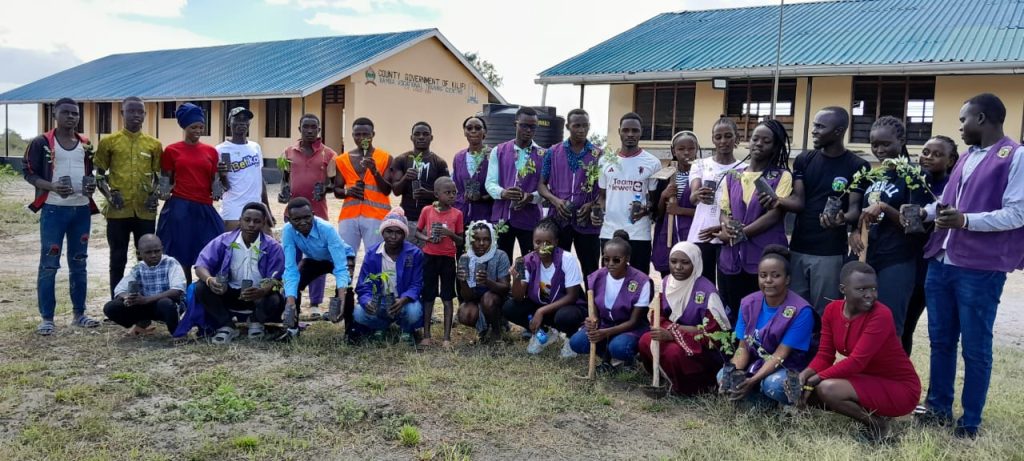
Kenya Coast National Polytechnic stands as a role model for other institutions across Kenya and Africa. By embracing the five pillars of Greening TVET—Campus, Curriculum, Culture, Community, and Research—KCNP is setting the pace for a greener, more sustainable future in education.







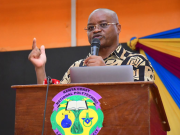





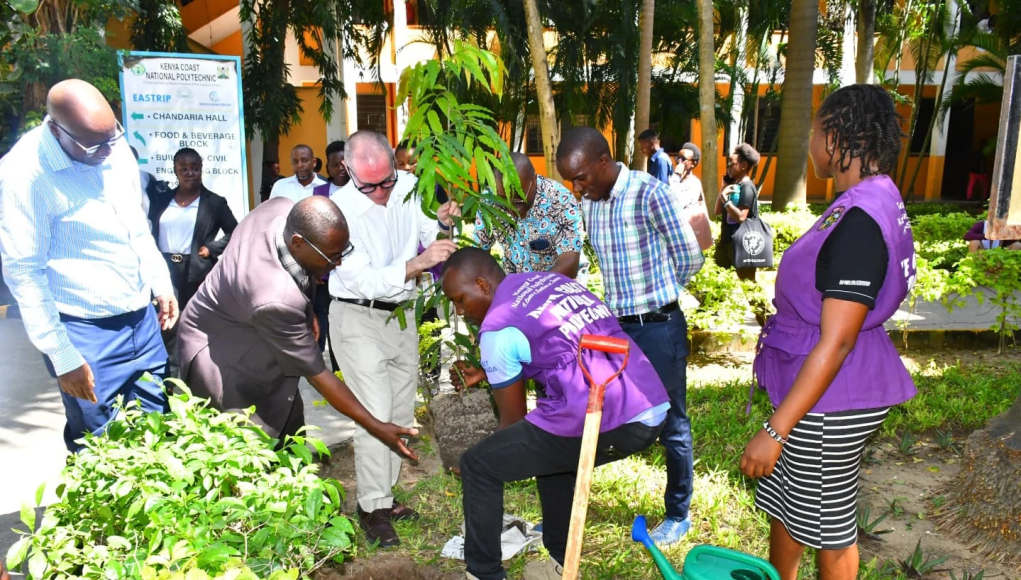











We as Kenya coast national polytechnic we are much proud in building canopy for the birds
Kenya Coast National Polytechnic is a beautiful Campus!
Trees planted by Kenya Coast National Polytechnic Greening will grow into bushes and when the winds beat them they’ll stand to defend the hands that planted and grew them. When rains beat them they’ll flap their leaves clapping for the hands that planted and grew them. When mankind and animals feed from their fruits, they’ll smile celebrating hands that planted and grew them. When insects inhabit and pollinate their pollens they’ll rejoice thanking the hands that planted and grew them. When loggers split them into timber for building they’ll boast of the hands that planted and grew them. When they’re replanted to form fine fences around homes and compounds they’ll hold hands and remember hands that planted and grew them; for it takes hands of posterity to plant and grow stability and the future of nature! Thank you Kenya Coast National Polytechnic Greening Program. Yours are the hands that form harmony of nature for yesterday, today, tomorrow and evermore!
THANK YOU KCNP GREENING PROGRAM
We’re trees planted
By the KCNP Green Program,
We’ll grow into bushes,
And when the winds beat us,
We’ll stand still
And defend the hands,
That planted and grew us.
When rains beat us,
We’ll flap our leaves,
Clapping for the hands
That planted and grew us.
When mankind and animals
Feed from our fruits,
We’ll rejoice, thanking the hands
That planted and grew us.
When insects inhabit
And pollinate our pollen grains,
We’ll smile celebrating hands
That planted and grew us.
When loggers split us
Into timber for building,
We’ll boast of the hands
That planted and grew us.
When we’re replanted
To form fine fences
Around homes
And compounds;
We’ll hold hands
And remember hands
That planted and grew us.
For it takes hands of posterity
To plant and grow stability
And the future of nature!
Thank you
KCNP Greening Program;
Yours are the hands
That form the harmony
Of nature for yesterday,
Today, tomorrow
And evermore!
Thank you!
Good vibes Inshaallah!
Kenya Coast National Polytechnic is a shinning example of how educational institutions can integrate green practices into their everyday operations👏